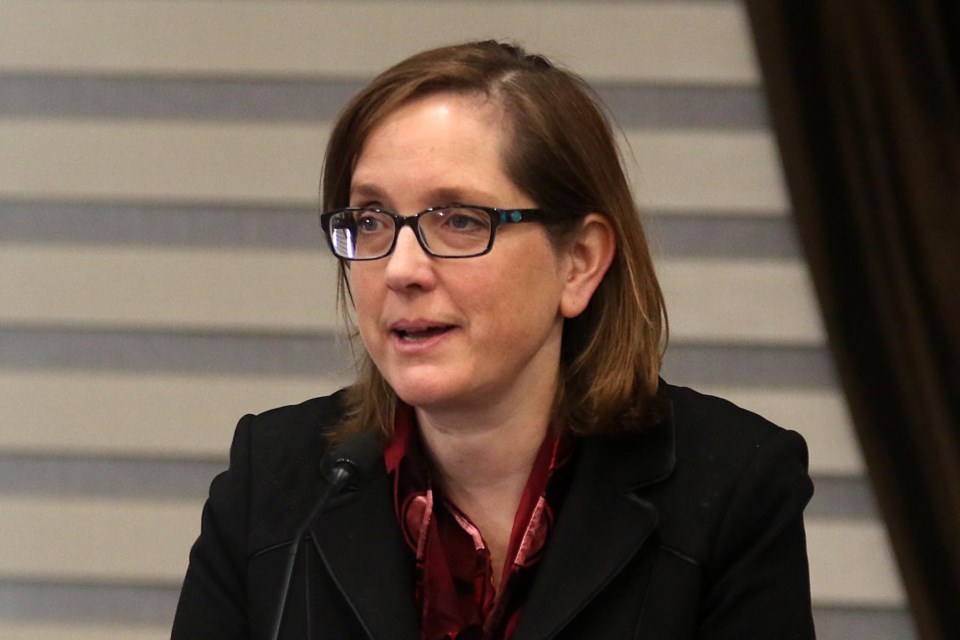THUNDER BAY – The Thunder Bay district appears to be seeing the beginning of a “sixth wave” of infections that has prompted calls to re-impose public health restrictions elsewhere in the province.
Local indicators from wastewater testing to hospitalizations indicate the prevalence of COVID-19 in the region is rising, after recovering in March from an Omicron-driven spike, said Medical officer of health Dr. Janet DeMille on Wednesday.
The Thunder Bay District Health Unit reported the most new cases Wednesday since March 7, while the number of people hospitalized with COVID-19 in the district rose to 31.
Along with increases in indicators like test positivity and wastewater testing, DeMille said the data is sending a fairly clear early signal.
“All of that together, including the wastewater [data], does make me say we’re starting the next wave of this pandemic,” she said.
That makes her “nervous,” DeMille said, saying a rise in cases is typically associated with more hospitalizations and deaths. She’s also concerned about the long-term consequences for those who are infected.
Rising case rates and hospitalizations elsewhere in the province have prompted calls to re-impose restrictions.
Public Health Ontario released a report this week concluding cases have risen since the province lifted masking rules and other measures on March 21, and suggesting masking should once again be mandatory in indoor spaces.
Health Minister Christine Elliott indicated this week the government will re-impose a mask mandate if recommended by the province’s top doctors, but chief medical officer of health Dr. Kieran Moore said he would not be making the recommendation at this time, though he recommended people should choose to wear a mask indoors.
DeMille also “strongly encourages” people to continue wearing masks when they’re in settings where risks are higher.
“The evidence shows that masking, especially when a high number of people are masking, can actually reduce the transmission of the virus, especially in those indoor settings,” she said. “So I’m generally supportive of masking, and I have been strongly encouraging people to wear masks, especially in indoor settings, especially those that may be more crowded or where they may be having close interactions.”
Mask mandates in vulnerable settings like hospitals and long-term care homes, which were set to lift on April 27, will likely be extended, Moore indicated Tuesday.
DeMille is hopeful improving weather, and increased access to PCR testing, will help the region weather the expected wave of infections. Moore’s estimate the sixth wave could last for between eight and 12 weeks is reasonable but uncertain, she said.
The province announced Tuesday that the following groups will now be eligible for PCR testing, which has been restricted to vulnerable settings:
- Those 18 and older who are immunocompromised
- Anyone 70 and older
- Those 60 and older with fewer than three vaccine doses
- Those 18 and older with fewer than three vaccine doses and at least one condition considered to be at risk
The policy change is welcome news for DeMille.
“Testing remains an important part of knowing what’s happening in the community, and I’m pleased to see the increase in testing eligibility, especially with people at higher risk, because that’s an important group,” she said.
